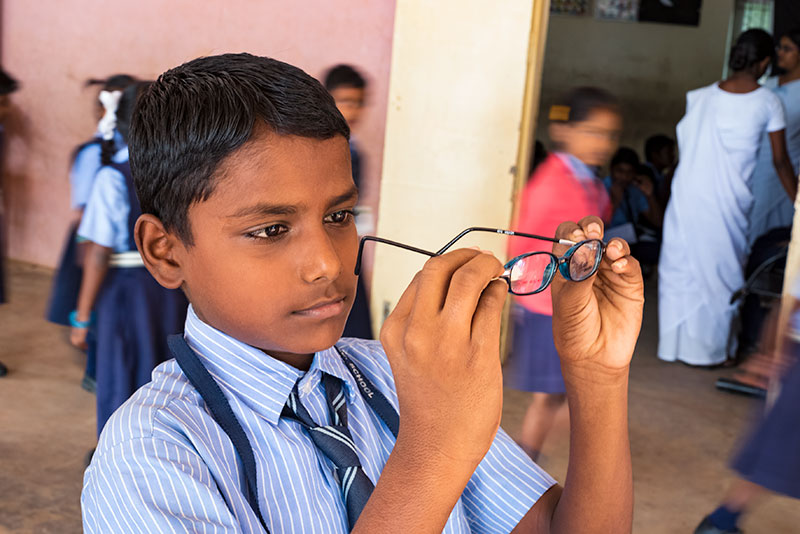Indian economy to gain over Rs 156 B per year from corrected vision in school children: Study
October 11, 2024 | Friday | News
Indian children who receive glasses in school will each earn up to Rs 483,000 more over their lifetime, boosting their overall quality of life as well as their academic performance
image credit- shutterstock
To mark World Sight Day 2024 on 10 October, new research titled, “Learning and economic productivity losses from uncorrected refractive error in schools” has been released for the first time, estimating the learning losses associated with poor vision.
The research is published by the International Agency for the Prevention of Blindness (IAPB) - the overarching alliance for the global eye health sector, working together for a world where everyone has universal access to eye care - and the Seva Foundation - an international non-profit health organisation known for preventing and treating blindness and other visual impairments.
The calculations, which are based on a systematic review and meta-analysis of randomised controlled trials, show that a child with poor vision learns approximately half as much as a child with good or corrected vision.
If these children were to get glasses, India would stand to gain nearly 1.2 million years of schooling every year, amounting to a future economic productivity boost of Rs 156 billion. These calculations are the sum of the individual learning loss for children with uncorrected refractive error, translated into a percentage reduction in the country’s projected GDP per capita.
Most often, refractive errors go uncorrected simply because they have not been detected - many students do not have easy access to eye tests, or are not aware of the importance of getting your vision checked every year.










